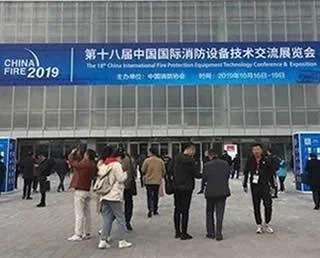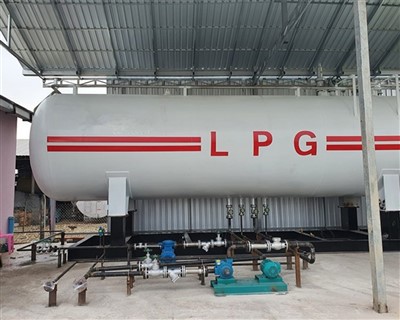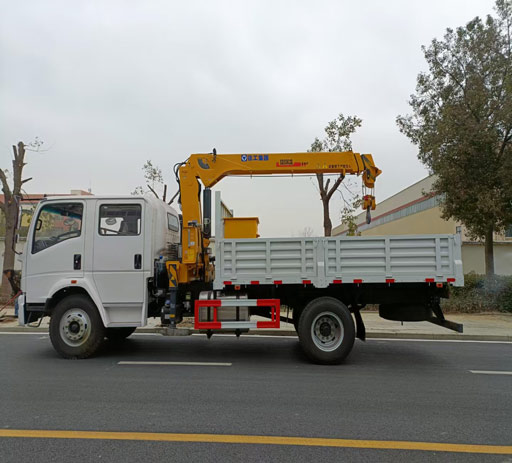As the weather warms up, mosquitoes become more active, posing a nuisance and health risk to communities. One effective tool in managing these pests is the use of mosquito spray trucks. This article delves into how these trucks operate, their importance, and what communities can expect when they roll through town.

What Are Mosquito Spray Trucks?
Mosquito spray trucks are specially designed vehicles equipped with equipment to disperse pesticides that target adult mosquitoes. These trucks are a critical component of public health initiatives aimed at reducing mosquito populations and preventing the spread of vector-borne diseases like West Nile virus, Zika virus, and dengue fever.
How Do Mosquito Spray Trucks Work?
The operation of mosquito spray trucks involves several key components:
- Pesticide Selection: The choice of pesticide is vital. Most commonly used products include pyrethroids and insect growth regulators (IGRs).
- Spraying Mechanism: Trucks generally use a fogging system that creates a fine mist of pesticide, allowing for effective coverage.
- Operational Timing: Spray trucks typically operate during the evening or early morning when mosquitoes are most active and human activity is low.
Why Are Mosquito Spray Trucks Important?
These trucks play a significant role in keeping mosquito populations in check. Here are some of the main reasons why they are crucial:
Public Health Protection
One of the primary reasons for deploying mosquito spray trucks is to protect public health. Mosquitoes are known vectors for many diseases:
- West Nile Virus: Spread by the Culex mosquito, this virus can lead to serious neurological issues.
- Zika Virus: Primarily spread by Aedes mosquitoes, which can cause severe birth defects.
- Dengue Fever: Another disease carried by Aedes mosquitoes, leading to severe flu-like symptoms.
Environmental Impact
While pesticides can be harmful, when applied correctly by trained professionals, the impact on non-target species is minimized. Mosquito spray trucks utilize GPS technology and models to avoid sensitive areas.
The Science Behind Mosquito Control
Lifecycle of Mosquitoes
Understanding the lifecycle of mosquitoes aids in developing effective control strategies. Mosquitoes have four stages:
- Eggs
- Larvae
- Pupae
- Adults
Targeting adult mosquitoes is crucial, but it is equally important to manage the breeding environments where larvae thrive.
Integrated Pest Management (IPM)
An effective mosquito control program often uses Integrated Pest Management (IPM). This approach combines several methods:
- Eliminating Breeding Sites: Reducing stagnant water around homes and communities.
- Public Education: Informing residents about preventative measures.
- Biological Controls: Introducing natural predators to control mosquito populations.
What to Expect During Mosquito Spraying
Pre-Spray Notification
Municipalities typically provide advance notice before spraying activities. This can be done through local news, social media, or flyers. Notifications are essential to inform residents about:
- Spraying dates and times
- Recommended safety precautions
- Potential impacts on pets and gardens
Safety Precautions
It is crucial for residents to follow any guidance provided before and during spraying. Common recommendations include:
- Staying indoors during spraying operations.
- Closing windows and doors to prevent the pesticide from entering homes.
- Keeping pets inside or away from treated areas.
Challenges of Mosquito Control
Resistance to Pesticides
One of the significant challenges facing mosquito control efforts is the development of resistance to commonly used pesticides. Strategies to combat this include:

- Rotating different classes of insecticides.
- Monitoring mosquito populations for resistance levels.
Public Perception and Misconceptions
Public opinion varies, with some individuals expressing concerns about the safety and environmental impact of spraying. Educating the public on scientific practices and the benefits of mosquito control is vital.
Practical Tips for Homeowners
Reducing Mosquito Breeding Sites
Homeowners can take several proactive steps to reduce mosquito populations:
- Eliminate standing water in flower pots, bird baths, and gutters.
- Change the water in pet dishes and fountains regularly.
- Ensure outdoor trash containers are sealed to prevent water accumulation.
Personal Protection Tips
Protecting yourself from mosquito bites is essential, particularly during peak mosquito activity hours:
- Wear long sleeves and pants, especially in the evening.
- Use mosquito repellents that contain DEET, picaridin, or oil of lemon eucalyptus.
- Install screens on windows and doors to keep mosquitoes out of homes.
Frequently Asked Questions (FAQ)

1. How often do mosquito spray trucks operate?
The frequency of spraying can vary based on the mosquito population and disease prevalence in an area. Typically, municipalities conduct spraying during warmer months when mosquitoes are most active.
2. Are the chemicals used in mosquito spraying safe?
Most pesticides used in truck spraying are considered safe when applied according to label instructions. Local authorities ensure compliance with health standards.
3. What should I do if I miss the notification about spraying?
If you miss a notification, you can usually check your local government’s website or contact them directly for information about upcoming spraying schedules.
4. Can mosquito spray trucks affect my garden?
It is recommended to cover or move sensitive plants and garden areas during spraying. Following local notifications and guidelines can help minimize any impact.
5. What happens if it rains after spraying?
If it rains shortly after spraying, the effectiveness of the pesticide may be reduced. Many local health departments monitor these situations and may re-spray as necessary.
6. How can I report high mosquito populations in my area?
You can report high mosquito populations to your local public health department or mosquito control district. They often appreciate citizen input for effective pest management.